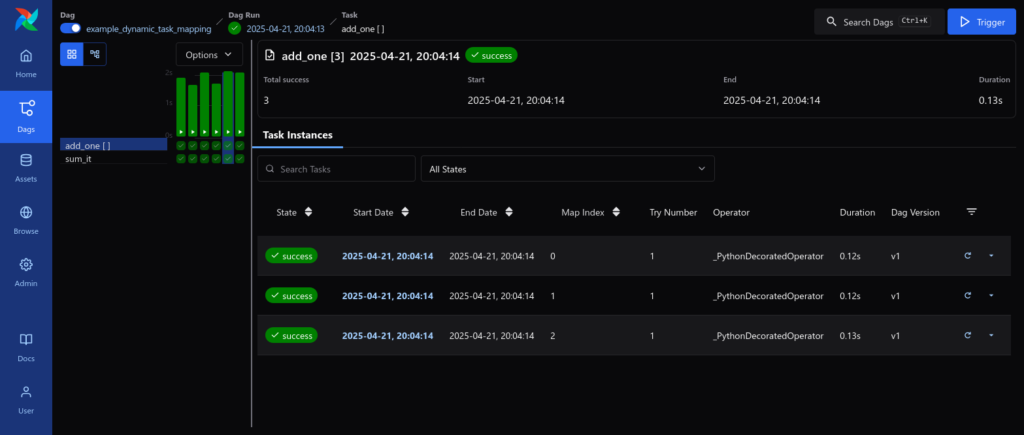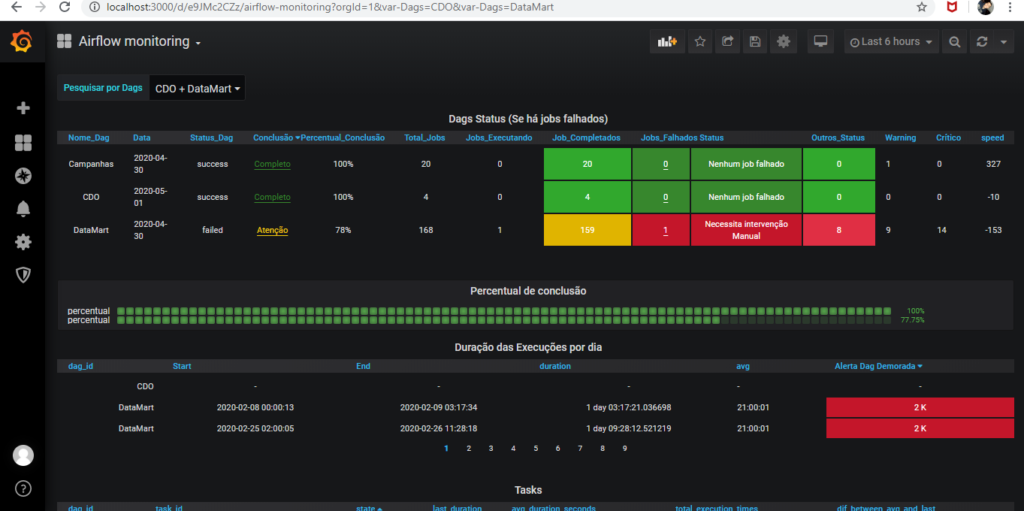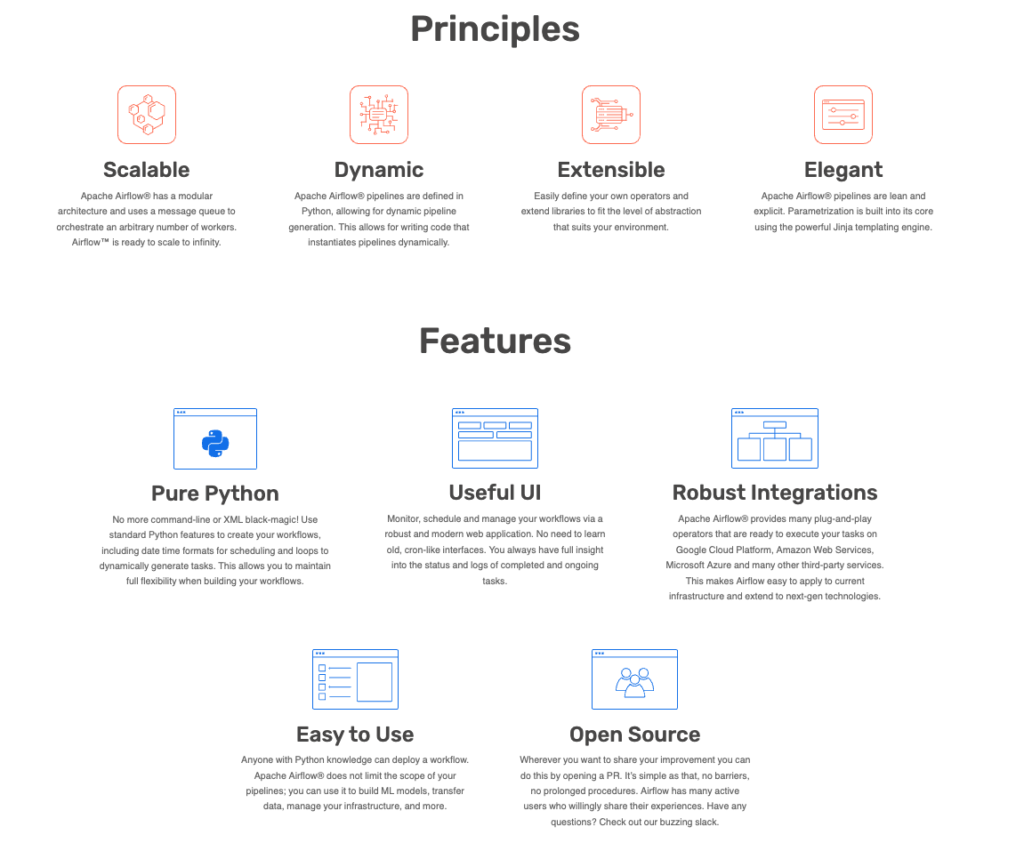
If you’re working in Data Engineering, Machine Learning Pipelines, or DevOps, chances are you’ve already heard of or used Apache Airflow. For those who haven’t, imagine this: your organization has multiple repetitive tasks that need to be executed daily. Doing them manually would not only be exhausting but also highly error prone.
That’s where Airflow comes in. It’s a Workflow Orchestration Tool that allows you to define task logic as a DAG (Directed Acyclic Graph). Airflow then acts as a workflow manager, taking care of scheduling, monitoring, handling dependencies, and even retrying failed jobs automatically.

However, Airflow 2, which has been widely adopted across the industry, is now approaching its End-of-Support (EoS) phase next year. This means no more security patches or bug fixes will be released. It’s time to bid farewell to Airflow 2 and plan your upgrade to Airflow 3, which comes with better performance, stronger security, and a host of new features.
So, the question is… why we should upgrade to Airflow 3, and what’s better? Let’s break it down.
UX/UI
Airflow 2’s Web UI was often sluggish, with slow refresh rates that made DAG monitoring frustrating. Airflow 3 introduces a revamped, faster, and more responsive UI, complete with Dark Mode. The new dashboard design also makes it easier to manage large DAGs and collaborate as a team.
TaskFlow API
In Airflow 2, the TaskFlow API was still considered semi-stable, with some features prone to breaking changes. Airflow 3 stabilizes the API, making it production-ready. Writing DAGs with TaskFlow is now more concise, maintainable, and Pythonic.
Dynamic Task Mapping
Dynamic task mapping already existed in Airflow 2, but scaling to large workloads often led to bottlenecks. With backend scheduler improvements in Airflow 3, dynamic mapping is faster, more flexible, and better suited for runtime tasks at scale. This makes it easier to handle repetitive workloads without bloating DAGs with static task definitions. (More information : Dynamic Task Mapping)

Observability
Airflow 2 relied heavily on external plugins for metrics and logs. Airflow 3 now provides full observability out-of-the-box – including metrics, tracing, and logs – with seamless integrations to Prometheus, Grafana, and OpenLineage. This makes real-time DAG and task monitoring far more robust.

Performance
Large DAGs or heavy workloads could slow down Airflow 2’s Scheduler and Executor. Airflow 3 has re-engineered these components for greater scalability and speed, enabling better parallelism and queue management for complex workloads.
Integration
The ecosystem in Airflow 3 is stronger than ever, with native support for tools like dbt, OpenLineage, and the Kubernetes Operator. This makes modern data stack integration easier and more reliable.
Cluster Monitoring
Previously, Airflow 2 required external monitoring stacks like Prometheus/Grafana or ELK. Airflow 3 now comes with built-in cluster metrics and dashboards, making it easier to set up alerts and proactively monitor cluster health.
Developer Experience
Writing DAGs in Airflow 2 could feel verbose, with repetitive boilerplate and manual dependency definitions. Airflow 3 leverages Pythonic DAGs with the TaskFlow API, making DAG code shorter, cleaner, and easier to maintain. (More information: Pythonic DAGs with the TaskFlow API)
Wrapping up: Why upgrade to Airflow 3?

Upgrading from Airflow 2 to Airflow 3 isn’t just about keeping up with versions – it’s a major step forward. Airflow 3 delivers higher performance, stronger stability, and improved security, along with modern features that make workflow orchestration simpler, more flexible, and capable of handling workloads at scale.
With its smoother UI/UX, production-ready TaskFlow API, scalable dynamic task mapping, full observability, and rich integration ecosystem, Airflow 3 is fully equipped to modernize how teams build and operate pipelines.
👉 Learn more about installing and upgrading here: Upgrading to AirFlow3
Looking for a DevOps solution that automates your workflow and reduces business costs? SCB TechX helps you modernize your delivery pipeline and bring high-quality products to market faster, building a foundation for long-term growth.
For service inquiries, please contact us at https://bit.ly/4etA8Ym
Learn more: https://bit.ly/3H7W9zm




